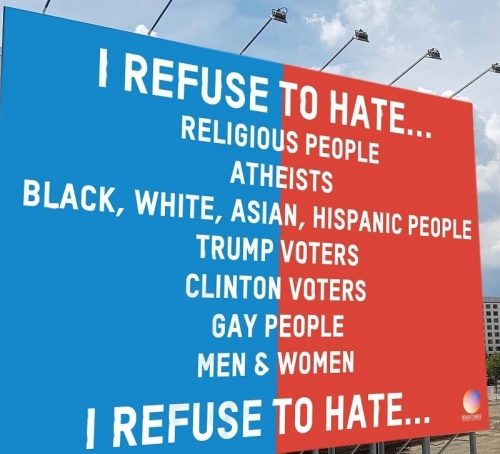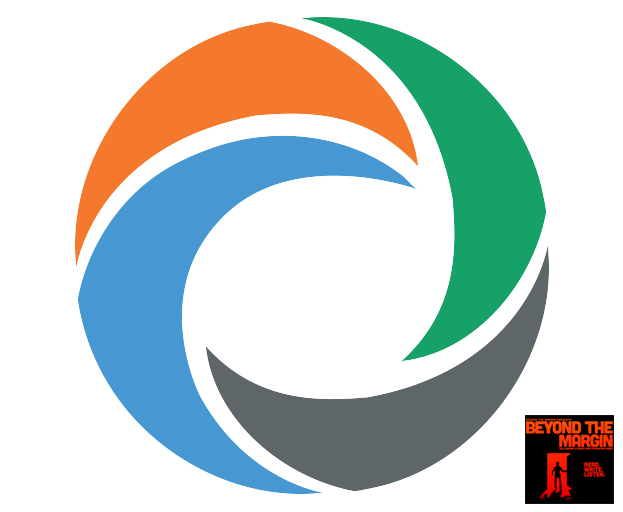by: Frederick Foote
In the Trump Era even the meaning of words long since defined has been altered. A work of satire that acts as a call for governance based on objective truths and compassion, rather than religious or personal belief systems…

The world of words can often be confusing, especially in these fast-paced and ever evolving times. Meanings of words can change so fast that even the dictionaries can’t keep up. To address this clerical lapse, I have gathered and refined the definitions of fifteen of today’s most consequential terms, and while you will find that there are some conflicting definitions provided, the “Re:Definitions” that follow are consistent with the ways in which these words are used in the popular press and parlance.
Of course, these definitions may have evolved or may no longer be relevant by the time you read this. I encourage the reader to update and share these definitions as a community service. As always, your feedback is welcome and desired.
Patriot (noun):
- A person who loves his or her country and supports its authoritarian and military interests.
- A person who loves his or her country and opposes, condemns, and protest its authoritarian and militaristic policies and practices.
White Evangelical (noun):
- of, relating to, or being in agreement with some or all of the racist, sexist, homophobic, capitalist, and militaristic gospels of the Republican Party and/or other right-wing organizations.
- White Power Protestant.
- emphasizing the cultivation of political power by faith in the oppression of others using scripture, preaching, gerrymandering, and voter suppression for secular ends (noted for their dual standards of morality for those they support or oppose).
- marked by militant or crusading zeal in suppressing the rights of others.
Police (verb, noun):
- to control, regulate, repress, terrorize, or intimidate citizens by use of force or the threat of force.
- to enforce the prejudices, and promote the interests, of higher classes and favored groups.
- to intimidate various communities by executing individuals in numbers ((987 in 2017.)) far in excess of court sanctioned executions ((23 in 2017.)).
- to exploit others under the guise of authority via the “code of silence,” violence, and threat.
Electoral College (noun):
- a body of people representing the states of the United States, who formally cast votes for the election of the president and vice president.
- an election scheme that increases the voting power of states with smaller populations at the expense of states with larger populations.
- an election scam designed to support slavery and prevent popular vote elections.
Terrorist (noun):
- individuals, organizations or groups that use violence and/or threats to intimidate or coerce, especially for political purposes.
- individuals, organizations, or groups who effectively oppose a political system by violent or non-violent means to intimidate or coerce.
Religion (noun):
- a set of beliefs describing the creation of the universe by supernatural powers and the rites, rituals, and rules associated with the worship of those powers.
- a set of beliefs and values defining the worthy (members of one’s own religion) and the unworthy (those not members of one’s religion).
Truth (noun):
- that which is true or in accordance with fact or reality.
- an official statement by an authorized government, business, or religious official.
- hearsay or unsubstantiated reports on the mass media of one’s choice.
- the most recent versions of events broadcasted by the most powerful media source.
Immigrant (noun):
- non-white individual who illegally enters a country for the pursuit of criminal activity.
- non-white individual who illegally enters a country to spread disease, moral decay, and contradictory values.
- individual who legally enters a country to take work away from the native born.
- individual legally in the United States of America hailing from a “shithole country” (Haiti and Africa). [note: Africa is a continent not a country]
Addiction (noun):
- the inability to break a psychological or physical habit or practice without severe adverse physical and emotional reactions (note: white addiction is based on situational factors beyond the addict’s control / addiction by non-whites is based on moral and genetic faults).
Racism (noun):
- the belief that all members of each race possess characteristics or abilities specific only to that race, especially so as to distinguish it as inferior or superior to another race or races.
- the belief in the concept of race and a racial hierarchy among humankind.
- a distortion of science and history created by the left and the liberal press.
- a disease creating hostility toward those outside one’s own racial / ethnic group and sometimes promoting the mass destruction of these outsiders (See, World War II, Cambodia, Armenia, Rwanda, Bangladesh, Bosnia, and the United States of America.)
Wealth (noun):
- anything that has utility or value and can be exchanged.
- possession of which is an absolute right (note: wealth separates the deserving from the undeserving).
- a gulf between individuals is inevitable and necessary.
- a philosophy that holds that the creation of wealth is the greatest good.
Justice (noun):
- the power to enforce the expectations of the classes, groups, or individuals in power.
- the natural consequences of a free market economy.
- a myth concerning rightfulness, morality, and fairness useful to leaders, philosophers, and jurists.
Marriage (noun):
- the forming of a family bond between individuals that is recognized by the state.
- the family bond created by the union of a male and female and recognized by a religious group.
- the expression of the human right of free association among adults that exists with or without recognition by any state or a religion.
Politics (noun):
- the art of manipulating power to keep the powerful in power.
- creating and maintaining the illusion of individuals having significant political power.
- the colorful, loud, persistent, and emotionally draining activities used to distract the public from the powerful and their activities.
Education (noun):
- the act or process of imparting knowledge, information, skills, training, and experiences to others for a profit.
- the act or process of indoctrinating students with state approved belief systems and orthodox histories.
- the act or process of discouraging students from developing critical thinking and research skills.
- the system of racially and economically segregated schools that teach students the reality of race, class, and wealth.





